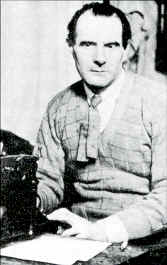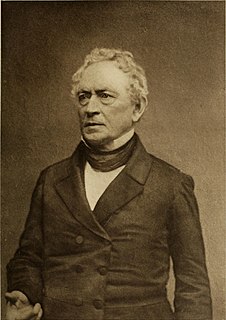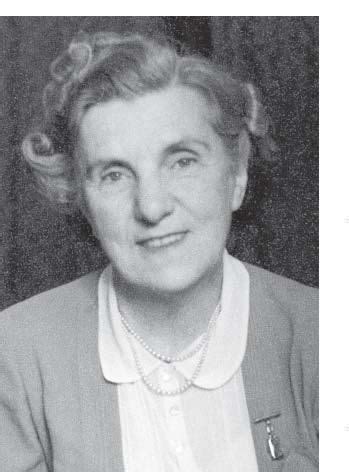A Quote by Philip Stanhope, 4th Earl of Chesterfield
Frequent and loud laughter is the characteristic of folly and ill manners.
Quote Topics
Related Quotes
Has the gift of laughter been withdrawn from me? I protest that I do still, at the age of forty-seven, laugh often and loud and long. But not, I believe, so long and loud and often as in my less smiling youth. And I am proud, nowadays, of laughing, and grateful to any one who makes me laugh. That is a bad sign. I no longer take laughter as a matter of course.
































